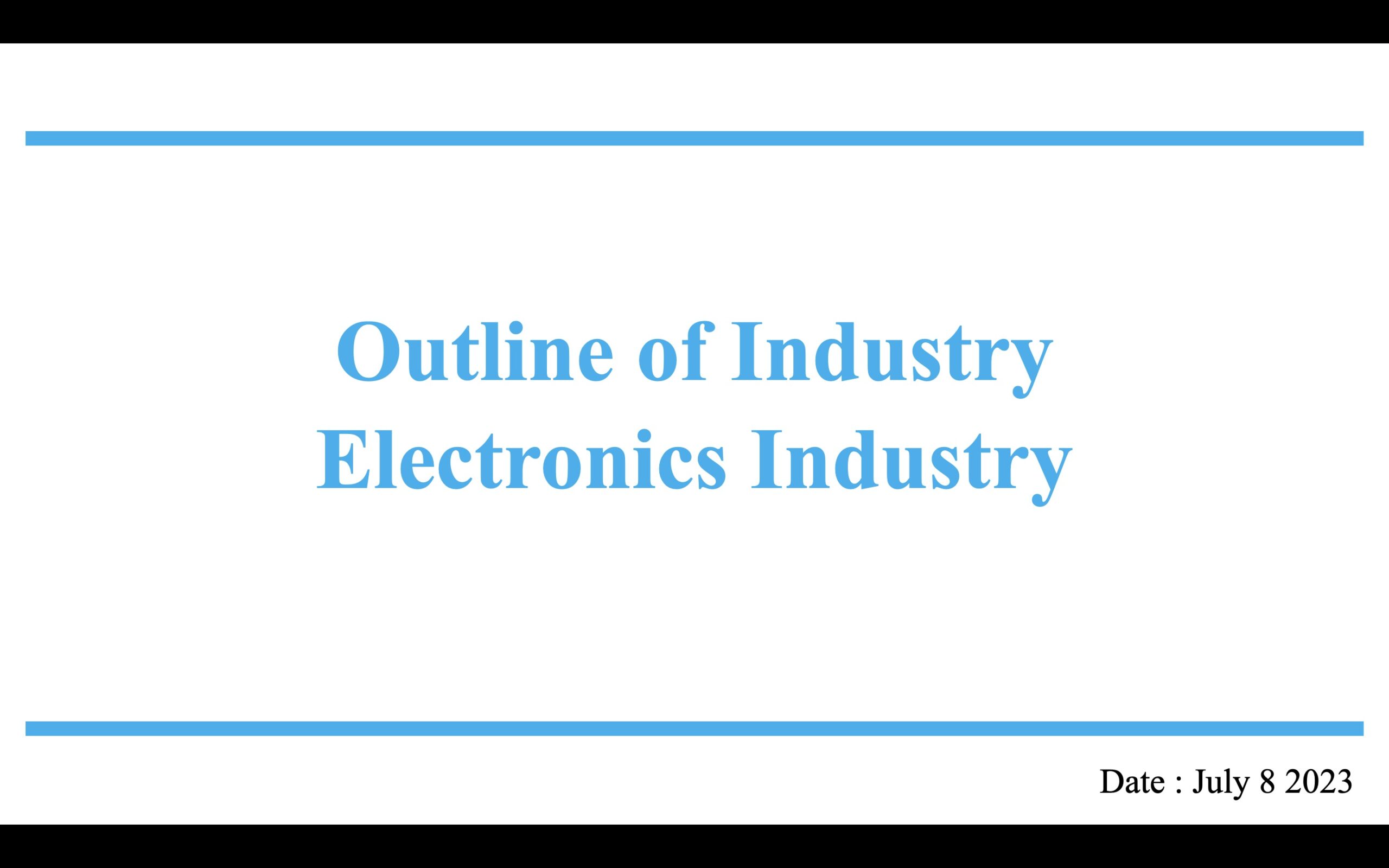The electronics industry is a rapidly growing sector that encompasses the design, development, and production of a wide range of electronic devices and products. From smartphones and laptops to home appliances and wearable technology, the electronics industry plays a critical role in shaping the world we live in today. The industry is constantly evolving, driven by advances in technology, changes in consumer behavior, and the need for more efficient and sustainable devices.
The electronics industry has its roots in the early 20th century, when advances in electrical engineering and the development of the vacuum tube paved the way for the widespread use of electronics. Over the years, the industry has grown and evolved, driven by the increasing demand for electronic devices and the need for more advanced technology. Today, the electronics industry is a highly competitive and dynamic sector, with companies around the world seeking to capture a share of the growing market for electronic products.
One of the biggest drivers of growth in the electronics industry is the increasing demand for consumer electronics. As consumer behavior continues to shift towards the use of digital devices, the demand for smartphones, laptops, and other consumer electronics is increasing. The growth of consumer electronics is driving investment in the electronics industry, leading to the development of new and innovative products.
Another driver of growth in the electronics industry is the increasing demand for wearable technology. As wearable devices become more sophisticated and affordable, the demand for products such as smartwatches, fitness trackers, and other wearable technology is growing. The growth of wearable technology is a rapidly expanding market, with many companies seeking to capture a share of this growing sector.
However, despite its growth and importance, the electronics industry also faces several challenges and obstacles. One of the biggest challenges is the need for innovation and differentiation. As the electronics industry becomes increasingly competitive, companies are seeking to differentiate themselves by developing new and innovative products that meet the changing needs of consumers.
Another challenge facing the electronics industry is the need for sustainability. As the world seeks to address the challenges of climate change, the need for more efficient and sustainable electronics is becoming increasingly important. The development of sustainable electronics is a complex and expensive process, requiring significant investment and the development of new technologies.
The electronics industry is also subject to regulatory and policy changes, which can have a significant impact on the sector. Governments around the world are implementing policies aimed at promoting sustainability and reducing the environmental impact of electronics, leading to changes in the industry landscape. These policy changes can have a major impact on the competitiveness of the electronics industry, leading to changes in the structure of the sector and the emergence of new market participants.
Despite these challenges, the electronics industry remains a dynamic and rapidly growing sector, with enormous potential for growth and development. As the world continues to seek more efficient and sustainable electronics, the demand for electronic products will continue to grow, driving investment and innovation in the sector. Additionally, the integration of new technologies, such as artificial intelligence and the Internet of Things, will continue to transform the industry, leading to more advanced and sophisticated devices.
In conclusion, the electronics industry is a vital sector that plays a critical role in shaping the world we live in today. It is characterized by its long history, rapid pace of change, and ongoing challenges and obstacles. However, despite these challenges, the industry remains a dynamic and rapidly growing sector, with enormous potential for growth and development in the years to come.



Comment